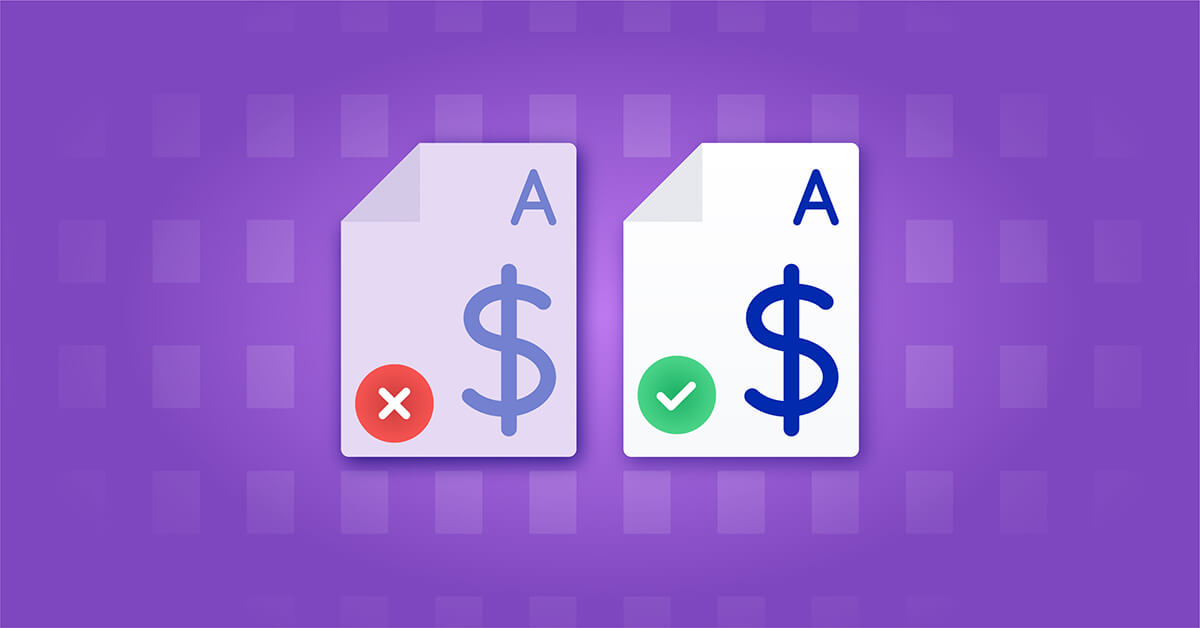With 2020 filled with so much volatility, it’s become a necessity to step up the game, get things in order, look for tasks that can be outsourced, and consider hiring a firm that can help you move onwards adequately. To help, OpenEnvoy shares insight on how to stay resilient and adapt to challenges ahead of your competitors.
Online shopping saw an unprecedented rise during the pandemic and will likely continue, thus impacting the freight market, causing rising truckload rates and tightened capacity.
So, how do you keep up amidst all this uncertainty? We’ve already talked about the importance of invoice auditing in our previous post, so this article will mainly focus on doing it in-house vs. outsourcing.
As you may know, outsourcing has become a very popular word and practice in the last couple of years, whether for HR, IT, medical billing, etc. Basically, you can outsource just about anything and auditing is no different than any other sphere of business.
When it comes down to it, outsourcing could and should be viewed as a business tool. You may consider it when you need it most. Do you need to save time? Will it save your company money? These two things are vital for any business to succeed. By cutting costs and allowing your staff members to focus on work that is more impactful, you can give your company a boost.
If you are a small to medium businesses, hiring a new team member, accountant, or controller-level person is quite a hassle, let alone during the pandemic, when interviews are being conducted online, without getting a chance to have someone visit your office, meet the team, or immerse themselves in the company culture.
Onboarding someone remotely, training them and catching them up to speed, and sharing everything so they understand the business may take longer than in person. This is an expensive undertaking for a small to medium business. But when you outsource the auditing, you eliminate a lot of expenses by converting a full-time salary into a pay-what-you-need service. This frees up your cash flow for investment in other parts of your business. You get the service that you need at the level that you need but at a fraction of the cost.
Also, turnover for any business owner is a killer. When you’re a small to medium company, you may have one or two people managing the accounting, which leaves little room to put the attention required to auditing invoices. If you hire one employee in-house, and they get sick, or leave, or go on a vacation, you are losing that support.
Outsourcing the function means that you should have a partner at the firm you work with who is your point of contact, who knows what is happening, and who will step in and take care of the business. When you work with an outsourced company that handles your business, you should have someone that supports you 24/7, and someone to replace them if they are out. No matter what happens with an outsourced firm, there should be continuity in accounting functions.
Leveraging the right outside company to automatically audit your invoices can ensure immediate ROI when it comes to catching invoice overcharges, clear visibility into vendor relationships and trends, and can free up the hands of your accounting staff. If you’re a company that deals with high shipping volume, outsourcing invoice auditing is not an option… it’s a necessity.






